
This book advances the practice and theory of design ethnography. It presents a methodologically adventurous and conceptually robust approach to interventional and ethical research design, practice and engagement.
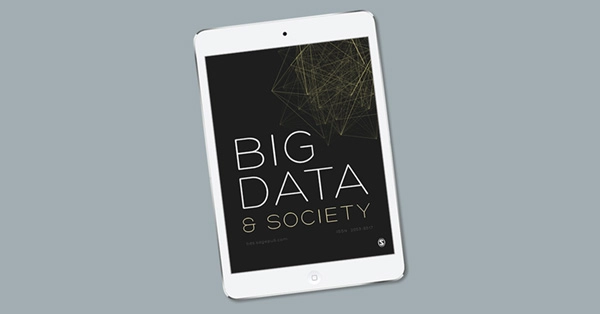
Bringing together a motley crew of social scientists and data scientists, the aim of this special theme issue of Big Data & Society is to explore what an integration or even fusion between anthropology and data science might look like.

“All research is qualitative; some is also quantitative”
Harvard Social Scientist and Statistician Gary King

In the three years since the last Global Happiness and Well-Being Policy Report, governments have faced a cascade of challenges to the well-being of their populations.
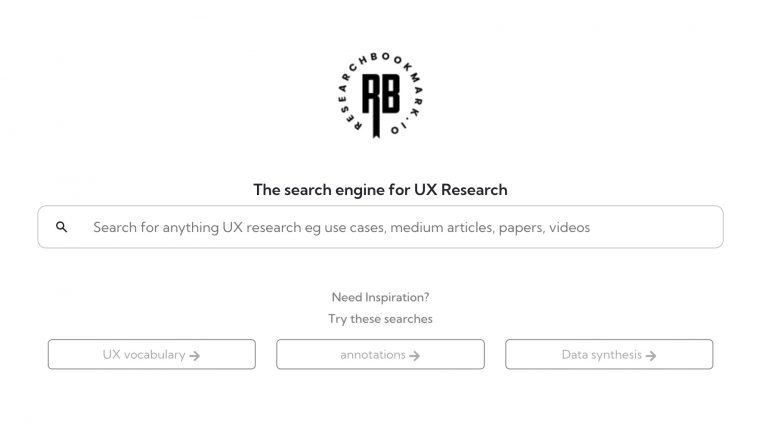
The people behind Research Bookmark, a vast online collection of UX research resources, have - after months of researching and experimenting - released a search engine built just for UX Researchers.
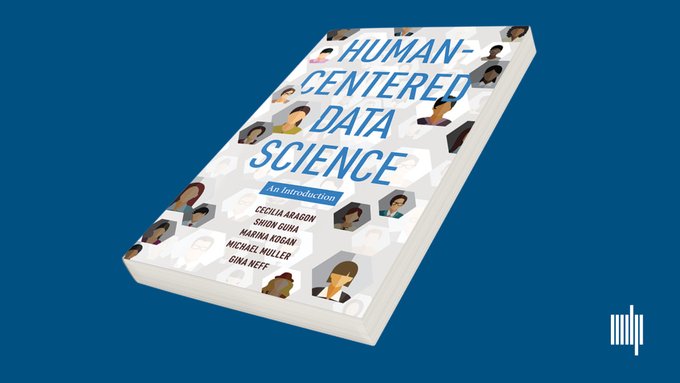
Best practices for addressing the bias and inequality that may result from the automated collection, analysis, and distribution of large datasets.

The definitive introduction to the behavioral insights approach, which applies evidence about human behavior to practical problems.

Many behavioral scientists propose and test interventions that attack policy problems by seeking to change individual behavior (adopting an “i-frame”) rather than the system in which they operate (an “s-frame”). Such i-frame interventions, which typically have small or null effects, reduce support from more effective systemic actions (such as regulation and taxation). For this reason, researchers advocating i-frame solutions may have unwittingly helped promote the interests of corporations who oppose systemic change.

People believe that slow and deliberative thinking is inherently superior to fast and intuitive thinking. The truth is more complicated.
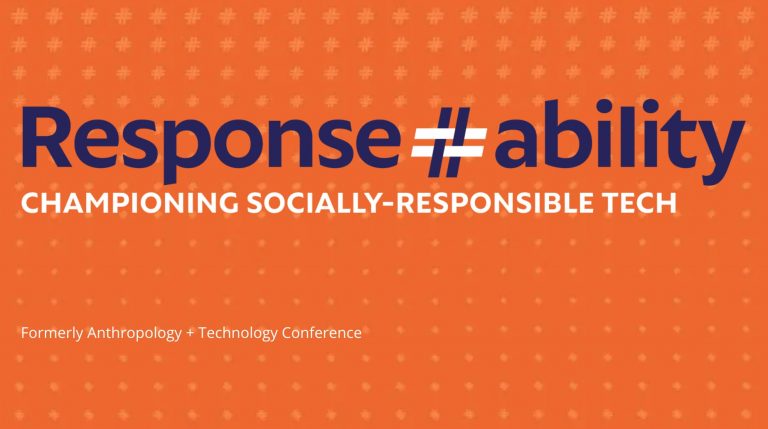
The Response-ability Summit, formerly known as the Anthropology + Technology Conference, is a unique two-day event that brings social scientists and technologists together to foster interdisciplinary conversations on the important topic of socially-responsible tech.

The latest IPCC report on the Mitigation of Climate Change has a lot of meat in it for those engaged in human-centered design, behavioral change strategies, and behavioral sciences.
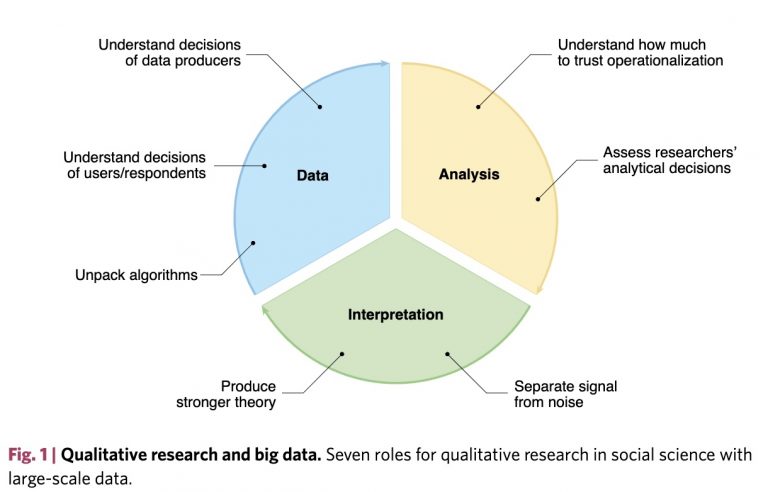
Although large-scale data are increasingly used to study human behaviour, researchers now recognize their limits for producing sound social science. Qualitative research can prevent some of these problems. Such methods can help to understand data quality, inform design and analysis decisions and guide interpretation of results.

A vivid look at China’s shifting place in the global political economy of technology production by ethnographer Silvia M. Lindtner

Behavioural changes which affect the way people use energy are an important part of the toolkit for reaching net zero emissions by 2050.

Applying behavioural science to environmental challenges can help policymakers better target and redirect unsustainable behaviours. This report draws on published work to provide an overview of behaviourally informed interventions, why they should be considered by governments and how they can be devised and applied.

For the world to reach net zero, consumers everywhere will have to make fundamental changes to how they travel, heat, cool and power their homes, the food they eat and the products they buy.

This report of the Cambridge Sustainability Commission on Scaling Sustainable Behaviour Change draws on research syntheses about the potential contributions of behaviour change towards climate and sustainability goals to attain the goals of the Paris Agreement.
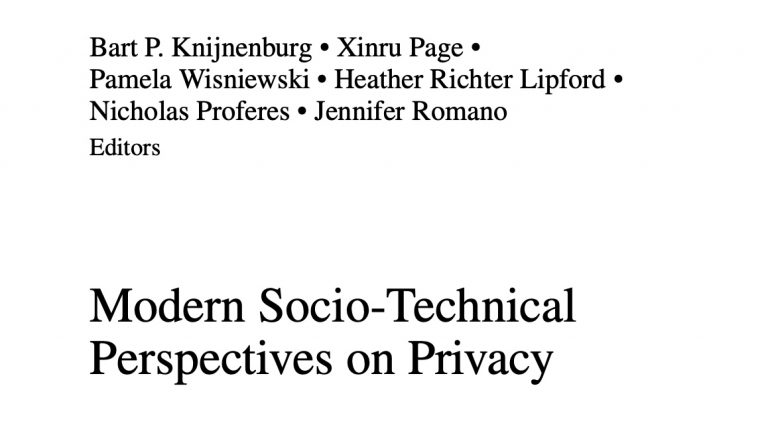
Provides a foundational understanding of technical and social aspects related to online privacy
Covers modern application areas as well as underexplored issues (e.g., privacy accessibility, cross-cultural privacy)
Includes a dedicated part on forward-looking approaches to privacy that move beyond one-size-fits-all solutions.

An inside view of the experimental practices of cognitive psychology—and their influence on the addictive nature of social media
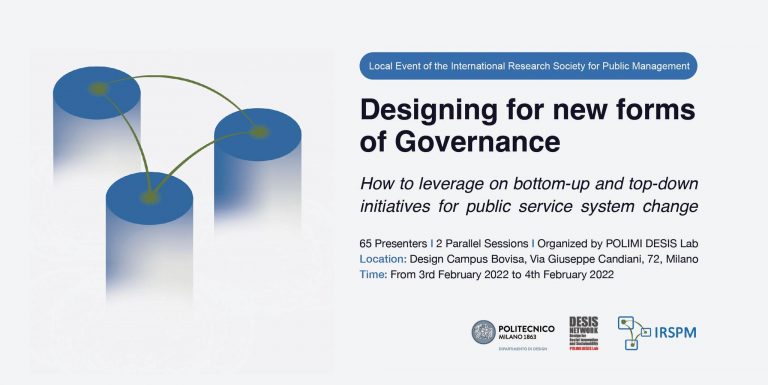
ToNite project presented at Milan conference on design-led approaches to renewing public management and governance




















